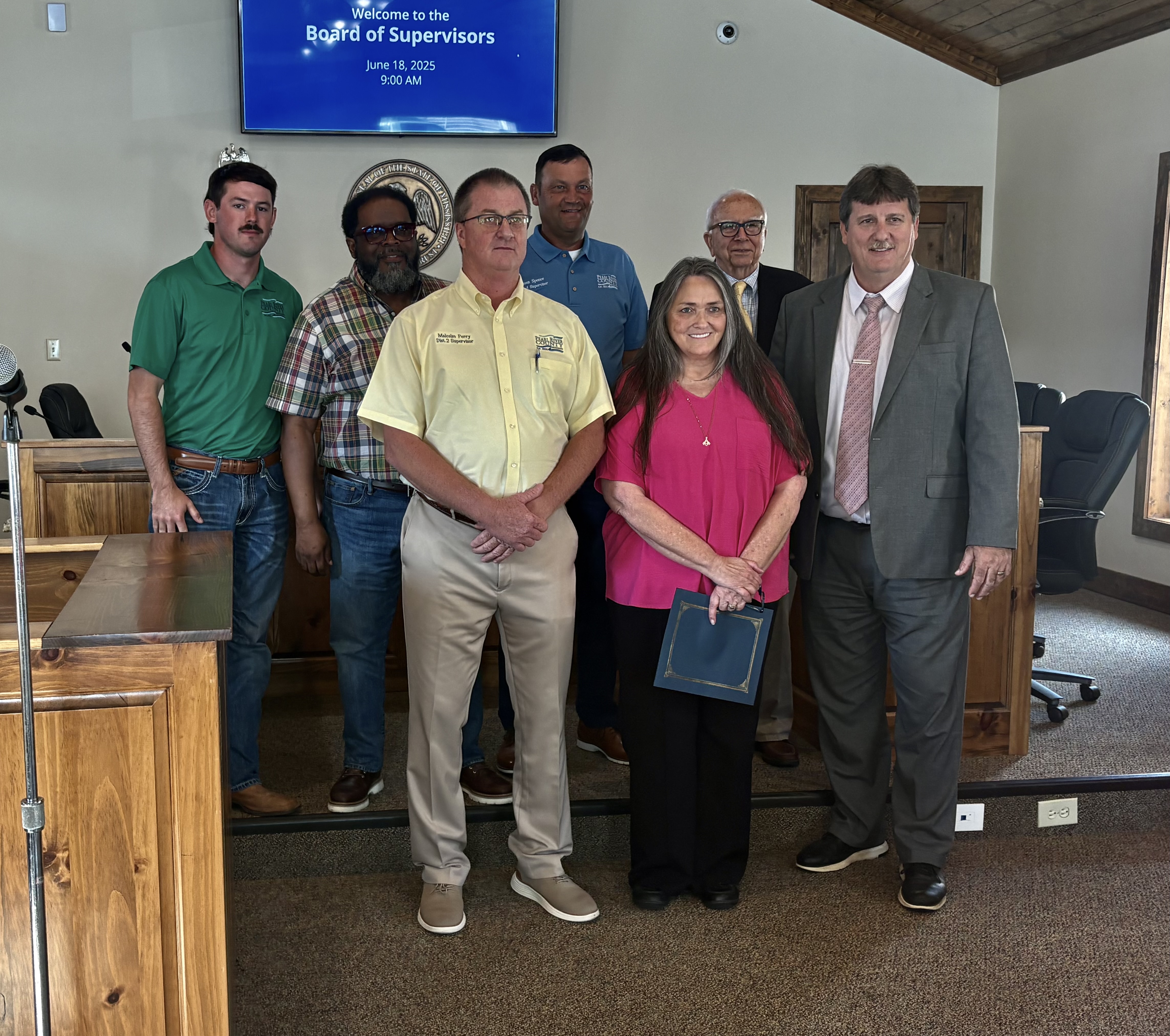Alcohol is already here
Published 2:21 pm Monday, October 5, 2009
Editor;
The enclosed text is intended as a reply to a letter that was printed in your paper 9-22-09. The letter was entitled “Alcohol definitely not needed in Picayune”, submitted by Melinda Dukes. While I respect Ms. Dukes personal opinion, there are several flaws that suggest response.
First, from what I have observed in 23 years of living in the Picayune area, alcohol is alive and well in the city. A visit to any of the major retail food outlets will find cases and cartons of beer going out the doors with the same quiet non-stop journey as bread and milk. Beer, whether it be “3.2 percent of alcohol,” also known as “military beer,” or the regular alcohol content of “6 percent,” the beverage is an alcoholic mixture.
In 1933 President Roosevelt signed legislation called the “Federal Beer and Wine Revenue Act.” This gave the Federal government the right to tax beer and wine and also gave the states the right to determine their means of setting taxes for the same purpose. Each state evolved tax structures based on the Federal dictate that a manufactured barrel of beer by a licensed brewer be set at 11 gallons. The states collected tax on the alcohol amount in a set volume of beer within the 11 gallon parameter. Some states opted to measure alcohol by weight, others by volume. Every container of beer must show the alcohol level and how derived.
Roosevelt’s approval of “3.2” beer allowed all military clubs to sell this beverage. It was deemed unofficially to be “non intoxicating.” Having spent 10 years employed by the brewing industry I can attest to the fact that if an individual ingests “3.2” beer hurriedly and eats nothing that individual will feel the results of the alcohol. There is no question when “6 %” beer is downed in quantity drunkenness will ensue.
The second problem I found in Ms. Dukes statement is relating alcohol to “sin.” The concept of “sin” is found only in religious doctrine and has no standing in law. No one has ever been convicted, to my knowledge, in a court of law of committing a “sin.” Therefore to insert “sin” into any legal context, or to use “sin” as a motivating factor in legislation, defies by intent the U.S. Constitution that mandates a clear separation of church and state.
I am a native of New Orleans. One statistic Ms. Dukes quoted, “a 10% rise in the sale of alcohol beverages would predict a rise in homicides of 2 % is not surprising, nor related to other localities. New Orleans is an old (by U.S. history) port city. Every year tens of thousands of cargo ships dock along the city’s miles of river front. These ships not only unload cargo but put ashore untold hundreds of crew members from all parts of the world. These “visitors” go into the city looking for what pleasures there are. Add to these strangers millions of tourists and the endless mobs of conventioneers and you find a city with a huge “visiting population” that has very little connection to the inhabitants settled in and living normal urban lives.
My wife and I enjoyed the excellent restaurants for which New Orleans is well known, and yes, we would have a glass of wine, or a cocktail before dinner. But never did we find in these places, loud, intoxicated patrons. A good family restaurant does not allow this behavior. Offensive persons are quickly removed.
Picayune loses restaurant business to Slidell and the Gulf Coast because a “sin” contagion has apparently infected the city. If this contagion persists due to a religious syndrome the city is living in the Dark Ages.
Robert L. Willard





